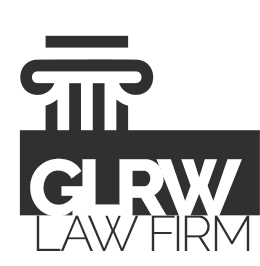It can be very lucrative to generate income via rental properties, but if you do it for long enough, you are likely to encounter issues with some of your tenants. Two of the most common issues are when the tenant breaks the lease and when the tenant does not pay his or her rent.
What Can I Do If My Tenant Breaks the Lease?
If your tenant breaks the lease, here is a general overview of your rights as a landlord:
- You may file a Civil Action against the tenant that seeks payment of the rent that would have been paid had the tenant not broken the lease; however,
- You are required to mitigate the damages. What this means is that you must make reasonable efforts to rent the property for the remainder of the tenant’s lease, and you must document these efforts. For example, if you are renting out a property for $2,000 a month on a one-year lease, and the tenant breaks the lease with three months remaining, you are not automatically entitled to $6,000;
- Once you have made reasonable efforts to rent the property and documented these efforts, and it has proven fruitless, then you can seek to compel the tenant to pay you what you would have been entitled to be paid had the lease not been broken.
Current Protections for Renters
People all over our state have been struggling during the COVID-19 pandemic. Despite the fact that the federal ban on evictions has been lifted, the eviction moratorium remains in place here in New Jersey for the following tenants:
- If the renter’s household income falls below 120 percent of the Area Median Income (AMI), you cannot evict the renter for nonpayment of rent between March 1, 2020, and August 31, 2021.
- If the renter’s household income falls below 80 percent of the AMI and the renter meets additional criteria, you cannot evict the renter for nonpayment of rent between March 1, 2020, and December 31, 2021.
What Can I Do If My Tenant Does Not Pay Rent?
It is important to note that you as the landlord still have the following rights in these situations:
- While you cannot evict these tenants, you can still sue them to recover the amount owed
- You can still evict a tenant for nonpayment of rent that occurred either prior to March 1, 2020, or after August 31 (or December 31, depending on the tenant’s household income level), 2021.
- If you prove “good cause,” you can still evict a tenant for reasons other than nonpayment, failure to pay a rent increase, or habitual late payment.
Speak With Skilled Leasing Lawyers in NJ
At New Jersey Eviction Law, we bring experience to the table when it matters most. Our skilled leasing lawyers know how stressful and confusing this period is for landlords in New Jersey, and we strive to achieve the best possible results for our clients. If you have questions about your rights as a landlord in New Jersey, call Greenblatt, Lieberman, Richards & Weishoff, LLC today to schedule a confidential consultation.


